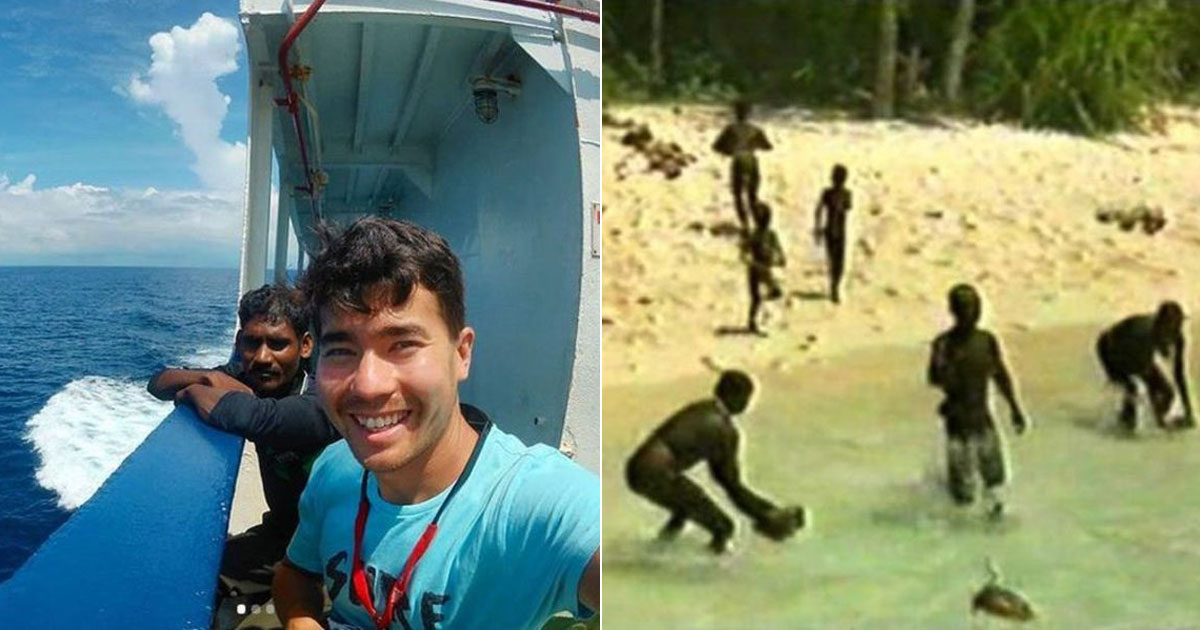A US man, John Allen Chau, was killed on Nov. 16 by a remote tribe on India's Andaman and Nicobar islands.
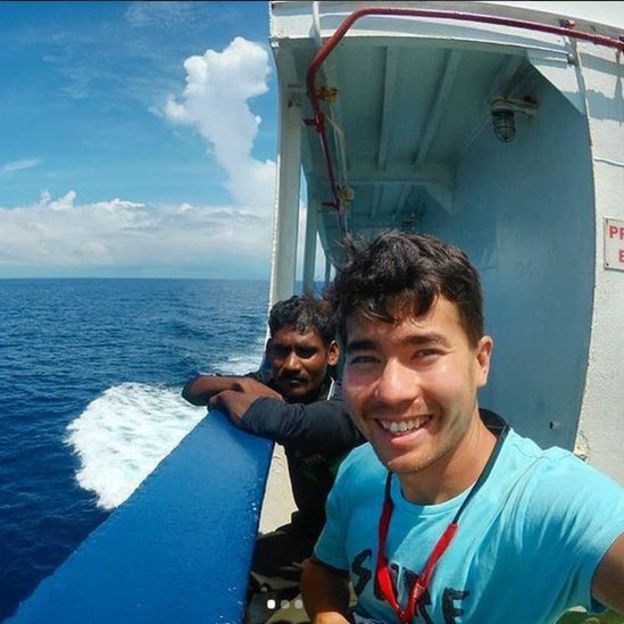
The US man, who reportedly wanted to be an explorer, has been described as a Christian missionary by various international media that reported on his killing.
According to officials and a missionary who was in contact with Chau before he died, he had tried to spread the gospel to the islanders, but this account has been disputed by others.
Chau was shot with bows and arrows as he landed on North Sentinel island, a territory forbidden to outsiders located in the Indian Andaman Islands in the Bay of Bengal.
Various media have presented his age as either 26 or 27.
Chau the explorer
Chau previously presented himself on social media as an adventurer and in an interview attributed to him.
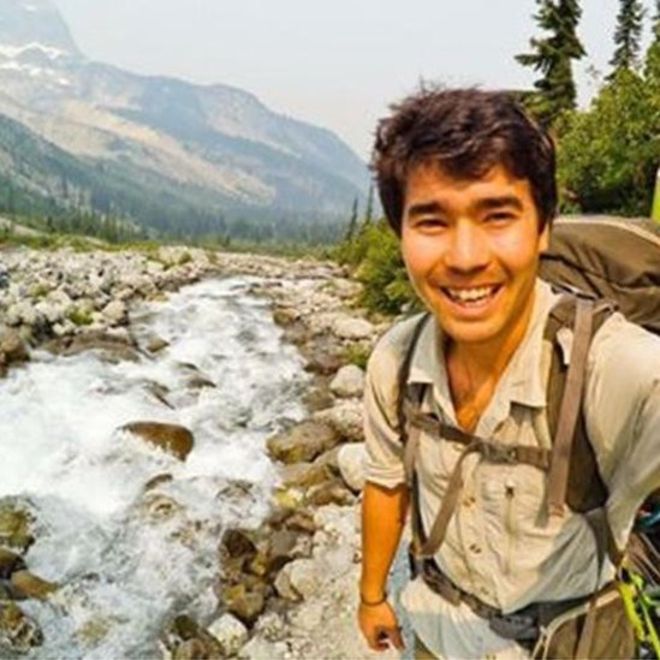
"I love to explore," he told the Outbound Collective in 2014.
He wrote: "So whether it's trekking through dense old growth forests near the Chilliwack River [on the US-Canada border], finding a rumoured waterfall in the jungles of the Andamans, or just wandering around a city to get a feel for the vibes, I'm an explorer at heart."
To get to North Sentinel island, Chau bribed fishermen to take him to there illegally.
He was eventually killed by Sentinelese tribal people, apparently having travelled to the region multiple times previously with the expressed desire to meet the islanders.
"Police said Chau had previously visited North Sentinel island about four or five times with the help of local fishermen," BBC Hindi was told.
Chau had paddled his kayak towards the shore carrying fish, a football, fishing line and scissors as gifts, according to a journal and other reports quoted by different media.
Tribes people fired arrows at him, one of then piercing his Bible.
He then allegedly returned to a fishermen's boat and spent the night writing about his experiences before going back to the island the next day.
He never returned.
Isolated civilisation
North Sentinel is home to the hunter-gatherer Sentinelese people, believed to number only around 150.
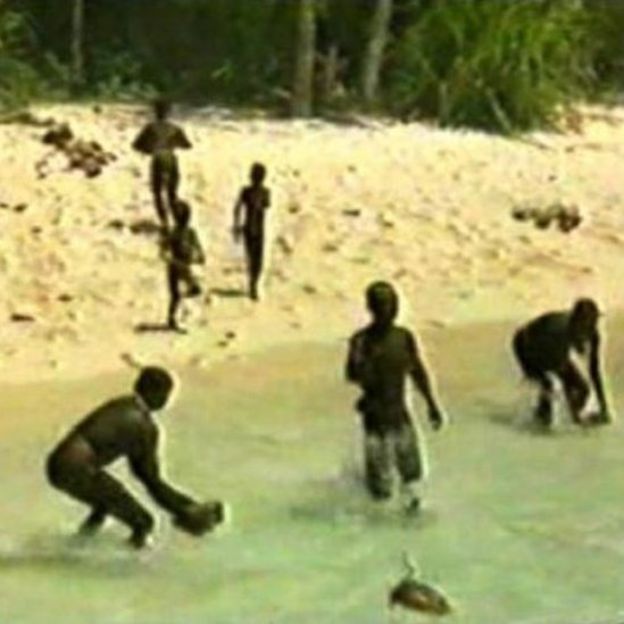
To protect their way of life, foreigners and Indians are banned from going within 5km of the island.
"You guys might think I'm crazy in all this but I think it's worthwhile to declare Jesus to these people," various media reports have quoted a letter Chau had sent to his parents as saying.
"Please do not be angry at them or at God if I get killed," he said.
"I can't wait to see them around the throne of God worshipping in their own language as Revelations 7:9-10 states," he wrote, referring to the final book of the Bible's New Testament about the apocalypse.
"God, I don't want to die."
Fishermen have claimed they saw the tribe burying Chau's body on the beach the following day, according to a fellow missionary who wrote an email to the deceased explorer's mother, the Washington Post reported.
Indian police have consulted anthropologists and tribal welfare and forest officers to help them try and retrieve Chau's body.
Indian authorities have said this operation could take a while.
Missionary claims disputed
News Minute, an Indian news website, was also told that Chau lived in the US state of Alabama and was "some kind of paramedic".
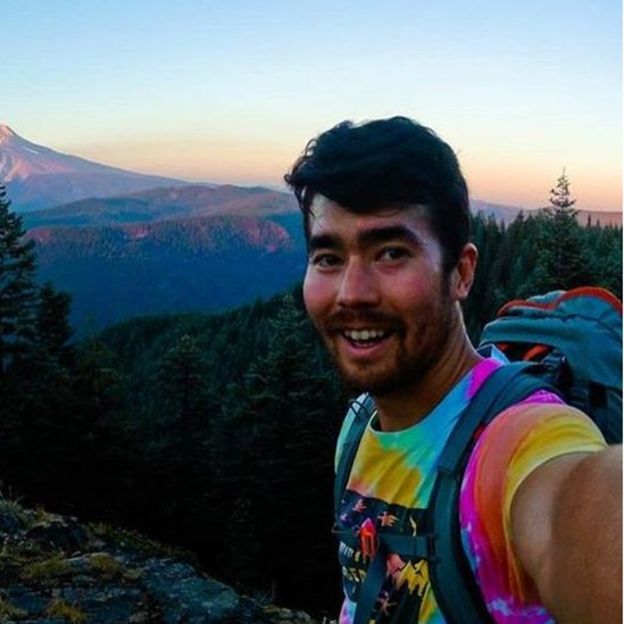
Conflicting claims about his missionary status has become a matter of public interest.
Andaman Director of the General Police Dependra Pathak said: "People thought he is a missionary because he had mentioned his position on God and that he was a believer on social media or somewhere online. But in a strict sense, he was not a missionary."
"He was an adventurer. His intention was to meet the aborigines."
Officials say the islanders have lived in isolation for nearly 60,000 years and have no immunity to common illnesses such as the flu and measles.
Advocacy group Survival International said that by contacting the community, Chau may have passed along pathogens that have the "potential to wipeout the entire tribe" of about 50 to 150 people.
An explorer
On Instagram, a user with the name @johnachau describes himself as "a snakebite survivor" and wilderness medic who is "following the way".
In the 2014 interview with Outbound Collective, Chau said he was living in Vancouver working as a football coach and had been inspired to travel at an early age.
"My brother and I [used] to paint our faces with wild blackberry juice and tramp through our backyard with bows and spears we created from sticks," he said.
"Since then, the outdoors have been my home."
He said he was inspired by the Victorian explorer and missionary David Livingston and Jesus.
Chau told the publication his next goal was returning to the Andaman and Nicobar Islands.
"There so much to see and do there!"
On Instagram, a friend said Chau had been "martyred".
In recent posts on Instagram, he mentioned travelling to Diglipur, the largest town in the Andamans.
He posted a photo of a tropical waterfall, and commented that it was full of leeches.
Family forgives tribe for the killing
Chau's family have since publicly said they forgive those who killed him.
In a statement, they said Chau "loved God, life, helping those in need, and had nothing but love for the Sentinelese people".
Seven people who helped him reach North Sentinel island have been arrested.
Chau's family said he had gone to the island of "his own free will", according to the Instagram statement.
"We also ask for the release of those friends he had in the Andaman Islands. He ventured out of his own free will and his local contacts need not be persecuted for his own actions," the statement said.
Watch a video about the North Sentinel Islanders:
If you like what you read, follow us on Facebook, Instagram, Twitter and Telegram to get the latest updates.
